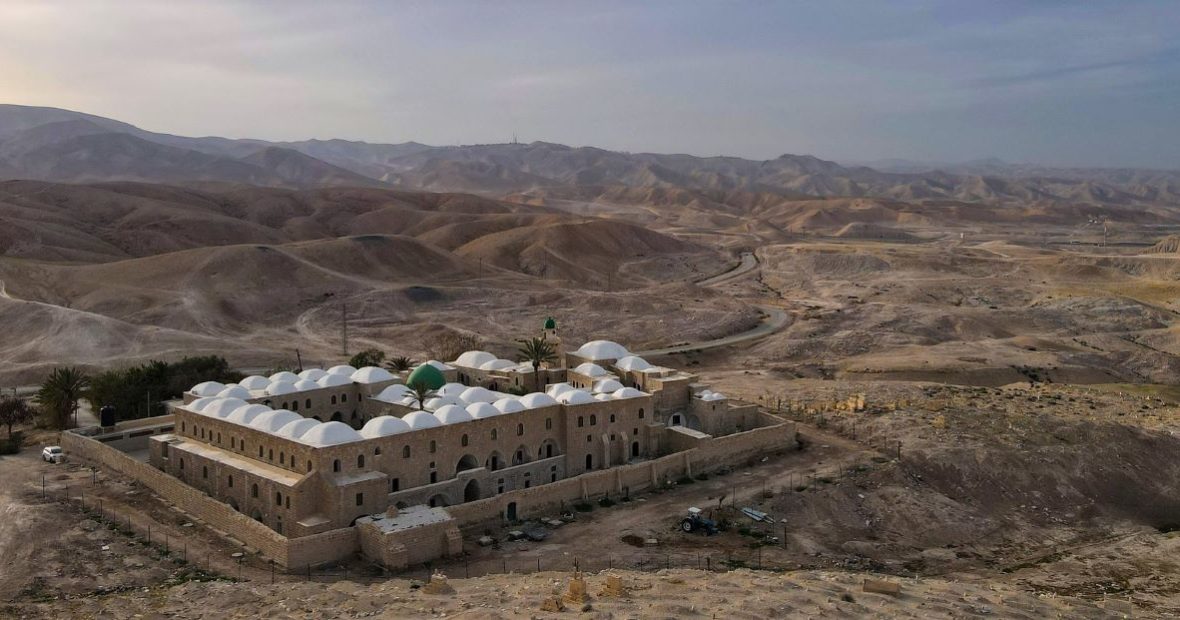How far do we consider the environmental destruction caused by armed conflict and the capacity of people to recover from shocks of both conflict and environmental degradation? How might the ICRC and other actors adapt their humanitarian response to reinforce the resilience of affected communities in this respect?
These questions are particularly urgent in contexts such as North Africa and the Middle East (NAME), where the ICRC organized two seminars (27-28/06/2022 and 27-29/11/2022) in Amman, Jordan, to address them in relation to both Islamic law and international humanitarian law (IHL). Participants included humanitarian workers, religious scholars and academics who are expert in Shari‘a from Egypt, Iraq, Jordan, the occupied territories, and Yemen, among other places.
In their key messages and presentations, the participants agreed that under Islamic law any damage to the natural environment, whether during peacetime or armed conflict, that is not required by imperative military necessity is considered fasād fī al-arḍ (“corrupting the land”).
Please learn more about this vital subject from the report here.

